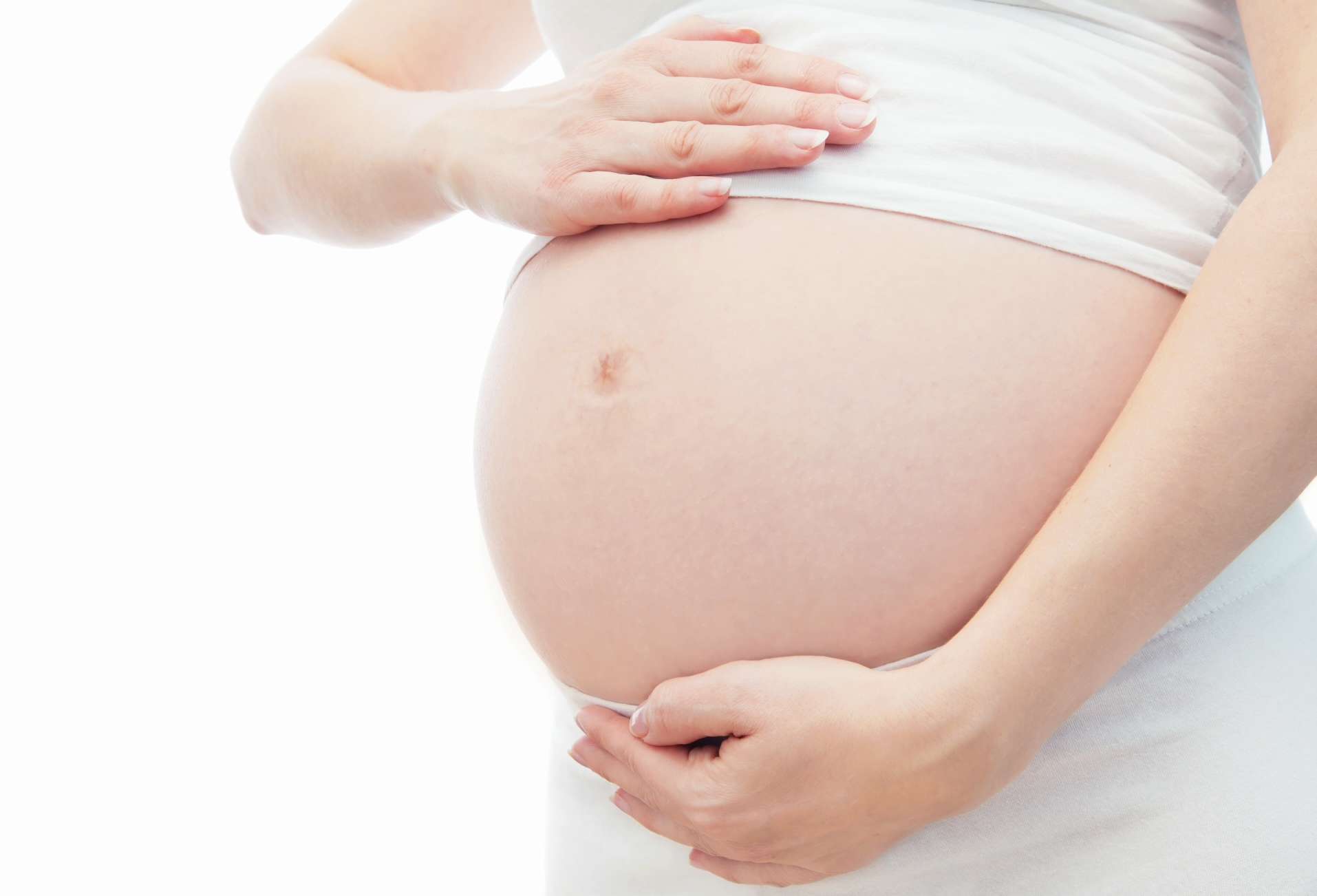 Pregnancy is a beautiful event in a woman’s life. It is considered to be a natural change in the course of life and what most considered to be a blessing. Other than some changes in your lifestyle, there’s much to be said about how pregnancy also has a great effect in your body. But even so, pregnancy can still come with a number of problems and challenges though worry not because most of the conditions are not medically serious for both the mom and baby. It may be a challenge to cope with every change but knowing why and how to at least pacify each symptom is as good preparation as any.
Pregnancy is a beautiful event in a woman’s life. It is considered to be a natural change in the course of life and what most considered to be a blessing. Other than some changes in your lifestyle, there’s much to be said about how pregnancy also has a great effect in your body. But even so, pregnancy can still come with a number of problems and challenges though worry not because most of the conditions are not medically serious for both the mom and baby. It may be a challenge to cope with every change but knowing why and how to at least pacify each symptom is as good preparation as any.
- Morning Sickness
This is actually the very first symptom every mother experience in the course of their pregnancy. You, moms, may feel sick, nausea and vomiting – this can actually take a large effect during the 9 or ten weeks into pregnancy. Even though the terms is stated as ‘morning sickness’ , this sickness can happen and occurs at any time of the day and night. It is said by many that getting plenty of rest and eating small meals frequently can at least aid in easing the constant vomiting. Foods like biscuits and dry water crackers are also recommended.
- Cold and Flu
During pregnancy there are practically changes outside and inside the body. And since there are also hormonal changes, it is also likely that there will be changes to your immune system as well and that you are susceptible to catching the common cold or flu. With this, mothers can catch a cold earlier in their pregnancy. It is advisable to ask for your doctor’s recommendation if you were to take a medicine for cough and cold, or for flu to determine which medicines are safe to take.
- Indigestion or Heartburn
This maybe a bit confusing health condition present in every pregnancy because Indigestion is always thought to be heartburn. Indigestion is caused by the growing of the uterus which pushes on your stomach and is the cause of slowing of the digestion process. To alleviate this, you should stay away from high-fat foods and caffeine which may cause an increase in stomach acid. When sleeping, have at least a pillow to keep you propped up.
- Insomnia
Difficulty in sleeping is what affects women who are pregnant. And by the second to third trimester, getting a good night’s sleep will be much rarer. You will be picky on your sleeping positions as your baby grows. You can add tons of pillows to surround yourself with and a massage to relax all your muscles before going to bed.
- Vaginal Discharge
During pregnancy, vaginal discharge will occur more than usual which is noticeable because of the hormonal changes from the pregnancy. This is normal, so there is no need to worry too much. You only have to worry if the increase in vaginal discharge also includes soreness and itchiness since it may be associated with vaginal or bladder infection. It is best to consult with your doctor about this.
- Cramps
Muscle cramps are especially common in pregnant women. Since pregnant ladies retain fluid, swollen legs are a natural occurrence and leads to leg muscles cramping. Your growing child also puts pressure on your veins in the legs which is the common cause of water retention. If you are experiencing mild leg cramps, it would be good to stretch those muscles from time to time and a good massage to ease the soreness. Plus, eating food that is high in magnesium and calcium also helps.
- Back Pain
Your center of gravity changes when you are at your third trimester because other than putting on more weight your posture is also affected. The change in your posture also changes how you walk and how you stand which can cause a lot of strain and pressure to your back muscle. Staying mobile and doing some light exercise routines every day can most definitely help. Also, you should avoid standing and even sitting for a long time. If you need to sit, make sure to have a pillow propped up to support your back.
Ianna Reign Stevenson
Recent Posts
- Castor Oil For Better Hair Growth: Is It Myth Or Fact?
- Exploring the Differences Between Sermorelin, Ipamorelin, Ibutamoren, GHRP2, and GHRP6: Understanding Their Role in Human Growth Hormone Regulation
- Unraveling the Mystery: Understanding the Causes and Prognosis of Ventricular Tachycardia Without Apparent Heart Disease
- Understanding Grandparents’ Rights in Oklahoma: Navigating Visitation and Legal Protections
- 10 Reasons to Consider Hypnotherapy for Your Health

